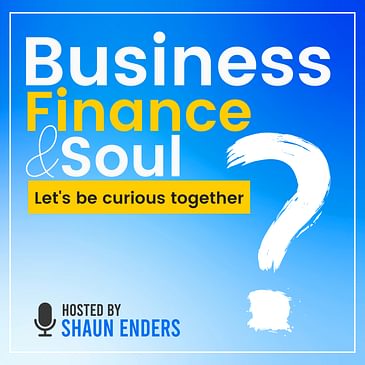Mastering Interviews with SSO Method
In this episode, I highlight the SSO (Scenario, Solution, Outcome) method as a powerful tool for showcasing your skills and experiences. Companies looking for the best talent and candidates seeking a new opportunity, should utilize SSO.
Key Highlights:
-
SSO and STAR Method:
- We compare the SSO method with the well-known STAR (Situation, Task, Action, Result) method.
- Both methods are designed to help candidates present specific and tangible examples, moving away from generic responses.
-
Preparing for Interviews:
- Emphasis on crafting positive stories and key points for easy recall.
- The importance of honesty about your skills and a willingness to learn.
-
Continuous Learning:
- Encouragement to maintain a sense of curiosity and openness to new insights and learning opportunities.
Remember to paint yourself into the job you desire!

